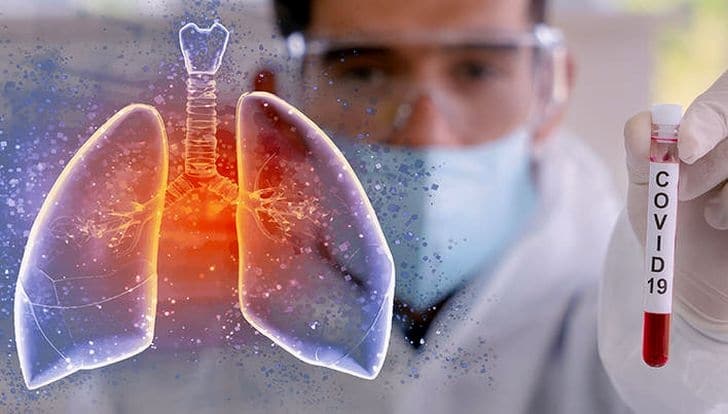About a third of hospitalized COVID-19 patients see their health affected in the long term, with various organs affected and including psychological problems, according to a new study conducted in Europe, the USA and China.
 The article, published in the journal Nature Medicine, is a synthesis of nine researches on this topic and mentions exhaustion, respiratory difficulties, anxiety, depression and post-traumatic stress disorder among the most common symptoms of patients, writes Agerpres.
The article, published in the journal Nature Medicine, is a synthesis of nine researches on this topic and mentions exhaustion, respiratory difficulties, anxiety, depression and post-traumatic stress disorder among the most common symptoms of patients, writes Agerpres.

 –
–
“Given the millions of people infected with SARS-CoV-2 in the world, the long-term burden on physical, cognitive and mental health is before us. No doubt we now see only the tip of the iceberg, ”notes the lead author of the article, Kartik Sehgal, an oncologist and professor at Harvard University School of Medicine.
The SARS-CoV-2 virus mainly attacks the lungs of the infected person, but sometimes the breathing difficulties persist in the long run, and research shows that this coronavirus attacks other organs, causing complications ranging from chronic inflammation to cardiovascular disorders.
According to an Italian study described in this summary, of the 143 patients monitored after healing, about 90% reported at least one symptom that persisted two months after discharge, and more than half of them had several symptoms. The most common are severe fatigue (53.1%), shortness of breath (43.4%), joint pain (27.3%) or chest pain (21.7%).

 –
–
In three studies in France, the United Kingdom and China, between 25% and 30% of patients reported sleep disturbances several weeks after overcoming the acute phase of the disease, and 20% intensified hair loss.
Mental health outcomes are also worrisome. Thus, out of 402 Italian patients, one month after discharge, 56% were diagnosed with at least one mental illness, respectively post-traumatic stress for 30% of them, then depression, anxiety, etc.
In conclusion, the authors of the article stress that the prevention of deaths caused by COVID-19 is not enough in terms of medical action and the long-term effects of this disease need to be deepened.
Source: digi24.ro


/data/photo/2021/03/23/6059962fbefb2.jpg)